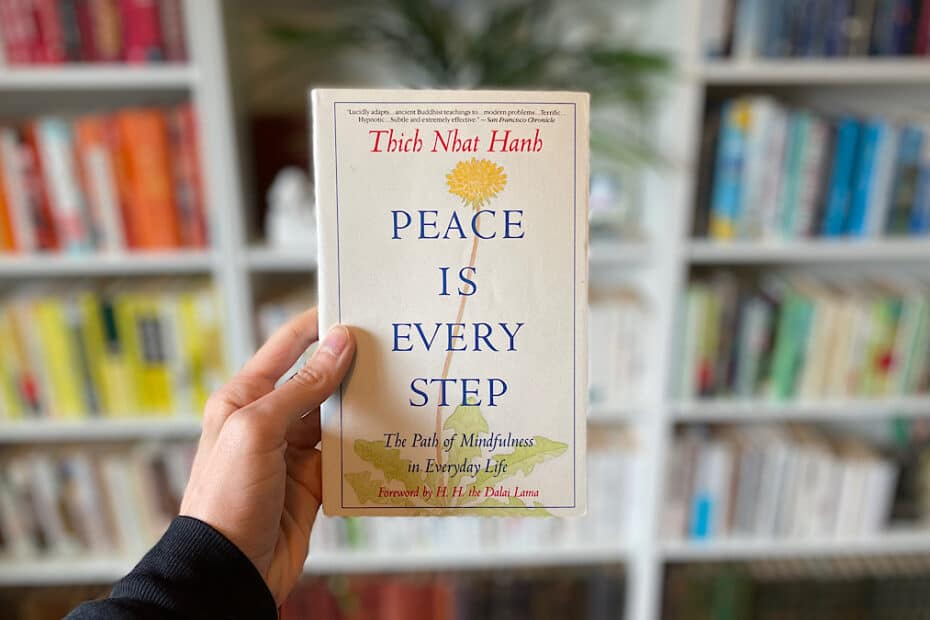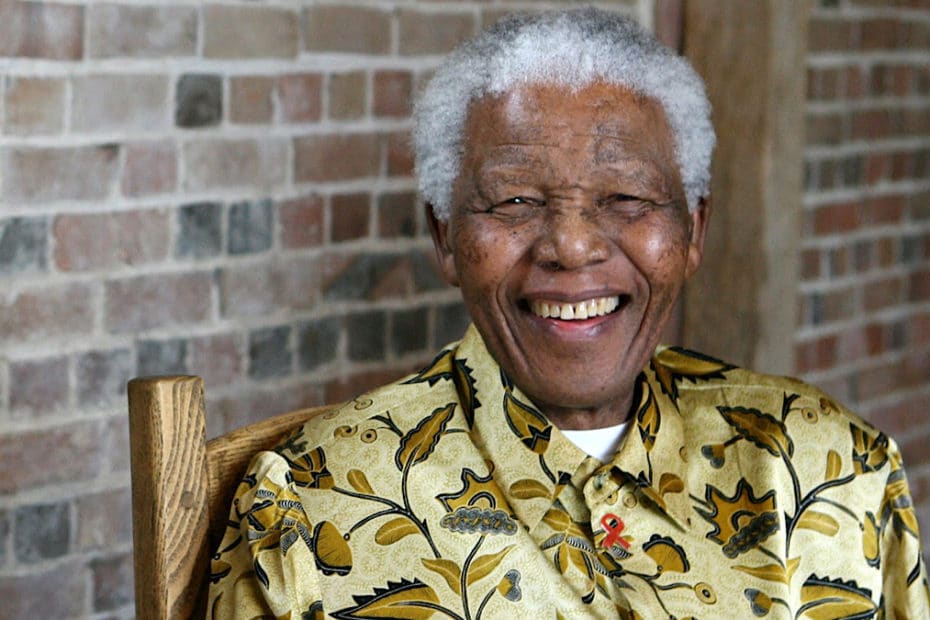“Keep this thought handy when you feel a fit of rage coming on—it isn’t manly to be enraged. Rather, gentleness and civility are more human, and therefore manlier. A real man doesn’t give way to anger and discontent, and such a person has strength, courage, and endurance—unlike the angry and complaining. The nearer a man comes to a calm mind, the closer he is to strength.”
Marcus Aurelius, Meditations, via The Daily Stoic (Page 41)
“I wasted so much energy nursing my bitterness, trying to get back at him and hoping he’d experience as much heartache as I had. But the whole time, I was the one hurting. I was the one who, by living in that negative energy, drew even more of it to myself. It was so backward.”
Alicia Keys, More Myself (Page 121)
20 Profound Thich Nhat Hanh Quotes from Peace Is Every Step
Excerpt: In the rush of life, we tend to lose touch with the peace that is available in each moment. These quotes from Peace Is Every Step will help…
Read More »20 Profound Thich Nhat Hanh Quotes from Peace Is Every Step
A Short Story Told By Nelson Mandela and What It Really Means To Leave Bitterness and Hatred Behind
“As I walked out the door toward the gate that would lead to my freedom, I knew if I didn’t leave my bitterness and hatred behind, I’d still be in prison.”
Nelson Mandela
Read the following short story first. It lays the scene for what, “leaving bitterness and hatred behind” really means. The speaker in the story is Nelson Mandela himself and the credit for the story goes to Geoff Pentz via FaceBook. My thoughts to follow.
Read More »A Short Story Told By Nelson Mandela and What It Really Means To Leave Bitterness and Hatred BehindThe Dalai Lama on Patience and How Maintaining Emotional Balance is a Sign Of Strength
“Many people think that patience is a sign of weakness. I think this is a mistake. It is anger that is a sign of weakness, whereas patience is a sign of strength.”
The Dalai Lama
Beyond the Quote (279/365)
Patience is a sign of a strong, well controlled inner emotional climate. A climate that can be maintained independently of what’s happening on the outside. A climate that can be controlled, manipulated, and adjusted only by the person themself. A climate that nobody else can control, manipulate, or adjust even if they wanted or tried to. It is a sign of strength, self-understanding, and balance. But how to get there?
Read More »The Dalai Lama on Patience and How Maintaining Emotional Balance is a Sign Of Strength“Hatred is a curse that does not affect the hated. It only poisons the hater. Release a grudge as if it was a poison.”
Kevin Kelly, Blog
“People who are driven by anger are not happy. They are not still. They get in their own way. They shorten legacies and short-circuit their goals. The Buddhists believed that anger was a kind of tiger within us, one whose claws tear at the body that houses it. To have a chance at stillness—and clear thinking and big-picture view that defines it—we need to tame that tiger before it kills us. We have to beware of desire, but conquer anger, because anger hurts not just ourselves but many other people as well.”
Ryan Holiday, Stillness is the Key (Page 155)
“Anger is counterproductive. The flash of rage here, an outburst at the incompetence around us there—this may generate a moment of raw motivation or even a feeling of relief, but we rarely tally up the frustration they cause down the road. Even if we apologize or the good we do outweighs the harm, damage remains—and consequences follow. The person we yelled at is now an enemy. The drawer we broke in a fit is now a constant annoyance. The high blood pressure, the overworked heart, inching us closer to the attack that will put us in the hospital or the grave.”
Ryan Holiday, Stillness is the Key (Page 154)
Scilla Elworthy Quote on Controlling Anger (Rather Than Letting It Control You)
“Anger is like gasoline. If you spray it around and somebody lights a match you’ve got an inferno. [But] if we can put our anger inside an engine, it can drive us forward.”
Scilla Elworthy
Beyond the Quote (Day 9)
I got really angry tonight. In an effort to save your time (and save myself from getting worked up again) I’ll spare you the details. Long story short I’m experiencing really frustrating car issues and really frustrating customer service.
Read More »Scilla Elworthy Quote on Controlling Anger (Rather Than Letting It Control You)“From a Buddhist point of view, human beings aren’t intrinsically aggressive; we are inherently peaceful. This is sometimes hard to believe. When we’re angry or upset, our untrained mind becomes belligerent and we routinely strike out at others. We imagine that reacting aggressively to the object of our emotion will resolve our pain. Throughout history we have used this approach over and over again. Striking out when we’re in pain is clearly one way we perpetuate misery. With a trained mind, a stable mind, a mind with a larger motivation than its own comfort, we find another way to work with difficulties of daily life. When we’re in a difficult situation, we maintain our seat. Instead of perpetuating misery by acting out aggression, we learn to use the rough spots to spark the courage to proceed on our journey. Eventually we may actually be able to turn the mind of anger into the energy of love and compassion.” ~ Sakyong Mipham, Turning the Mind Into An Ally (Page 26)
“Where there is anger, there is always pain underneath.” ~ Eckhart Tolle, The Power of Now (Page 40)
“When you visualize yourself and your beloved in three hundred years’ time, you just feel so happy that you are alive today and that your dearest is alive today. You open your eyes and all your anger has gone.” ~ Thich Nhat Hanh, No Death, No Fear
“Some people do not even want to look at a person when the person is alive, but when the person dies they write eloquent obituaries and make offerings of flowers. At that point the person has died and cannot really enjoy the fragrance of the flowers anymore. If we really understood and remembered that life was impermanent, we would do everything we could to make the other person happy right here and right now. If we spend twenty-four hours being angry at our beloved, it is because we are ignorant of impermanence.” ~ Thich Nhat Hanh, No Death, No Fear
Pillow Punching – Good or Bad for Anger Management? [Excerpt]
Excerpt: While pillow punching might seem like a good idea for, “letting off steam” and managing anger, hitting things while angry actually tends to have the opposite effect.
Read More »Pillow Punching – Good or Bad for Anger Management? [Excerpt]






![Pillow Punching - Good or Bad for Anger Management? [Excerpt]](https://movemequotes.com/wp-content/uploads/2017/02/IMG_0380-930x620.jpg)
